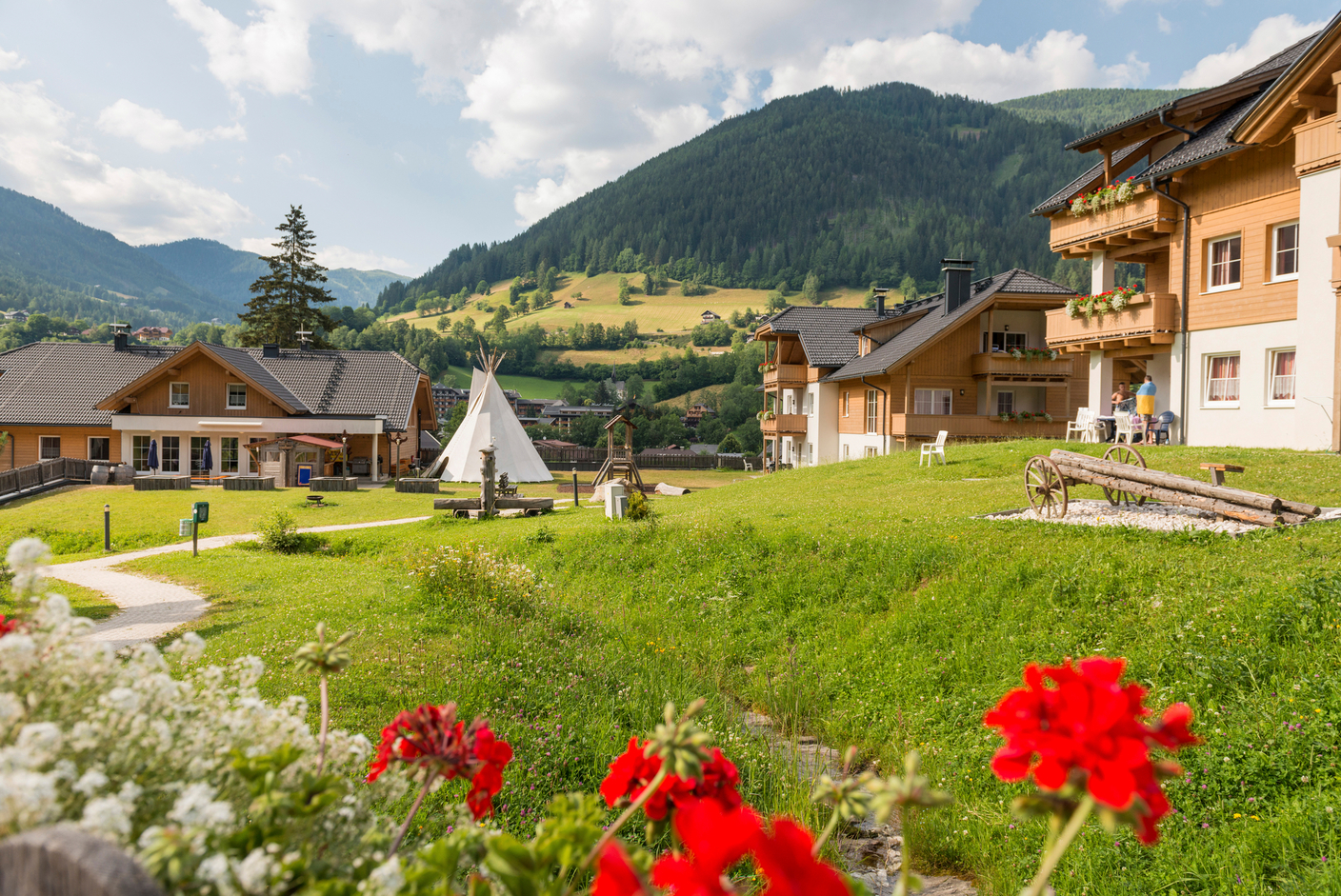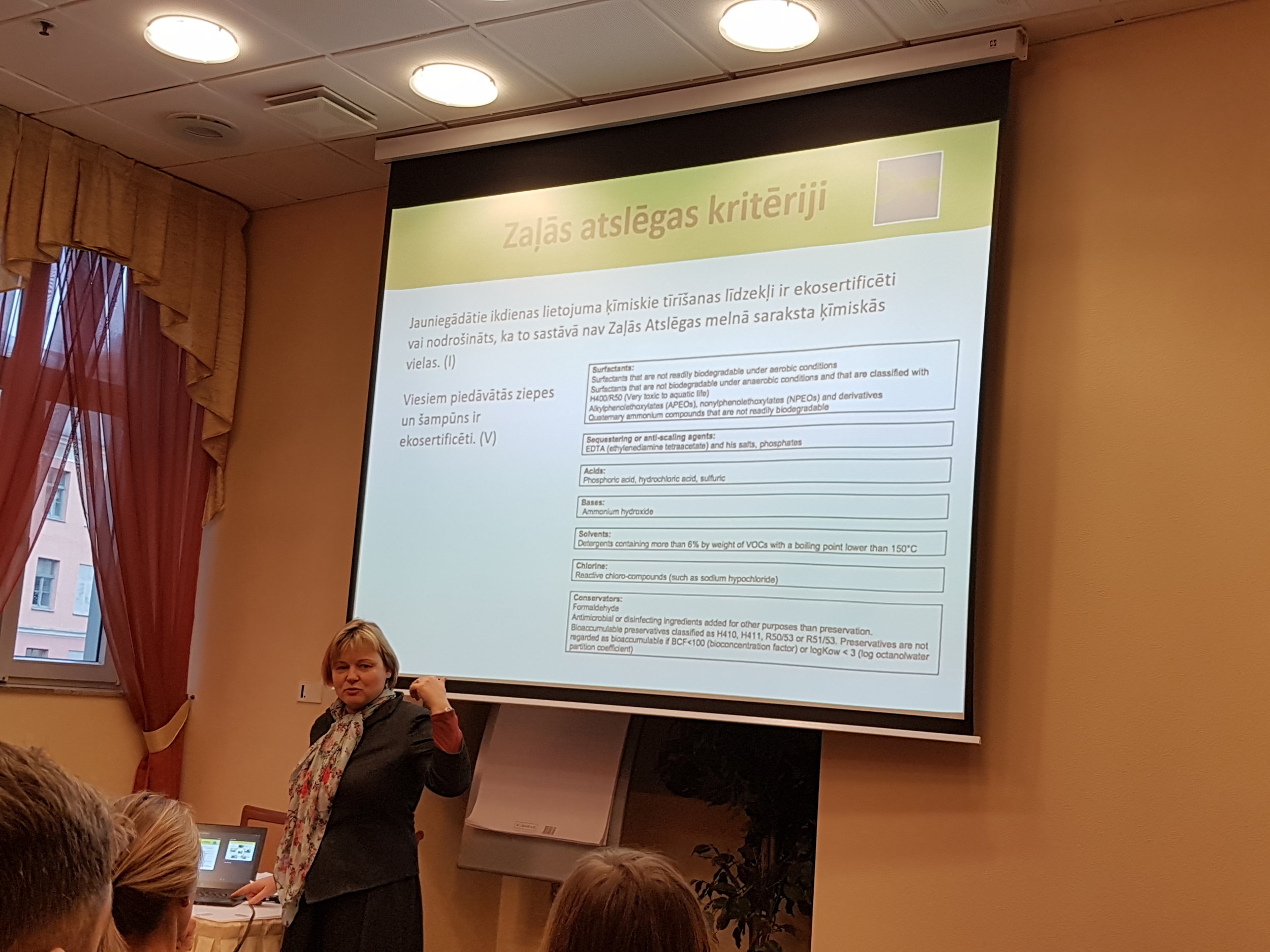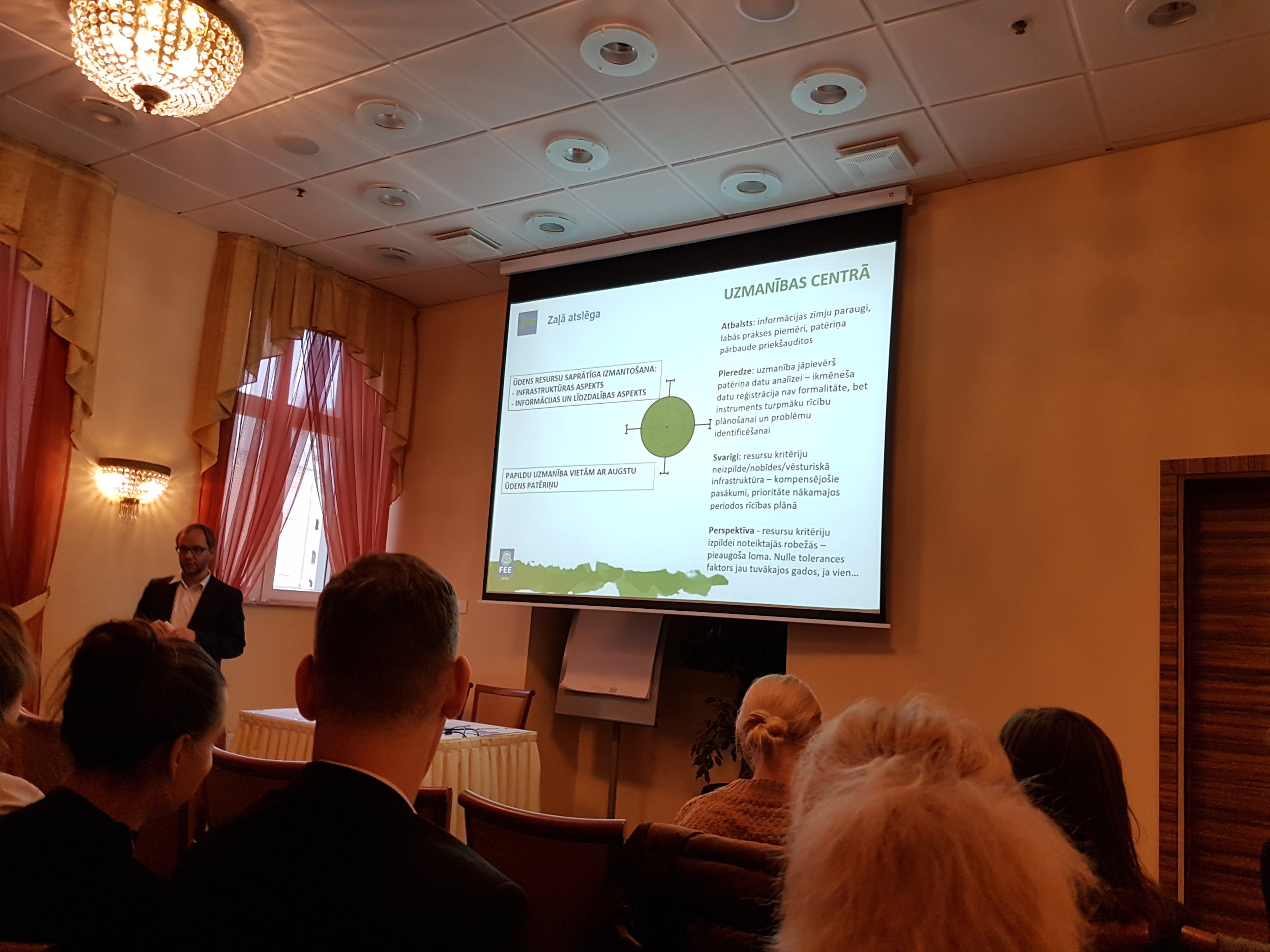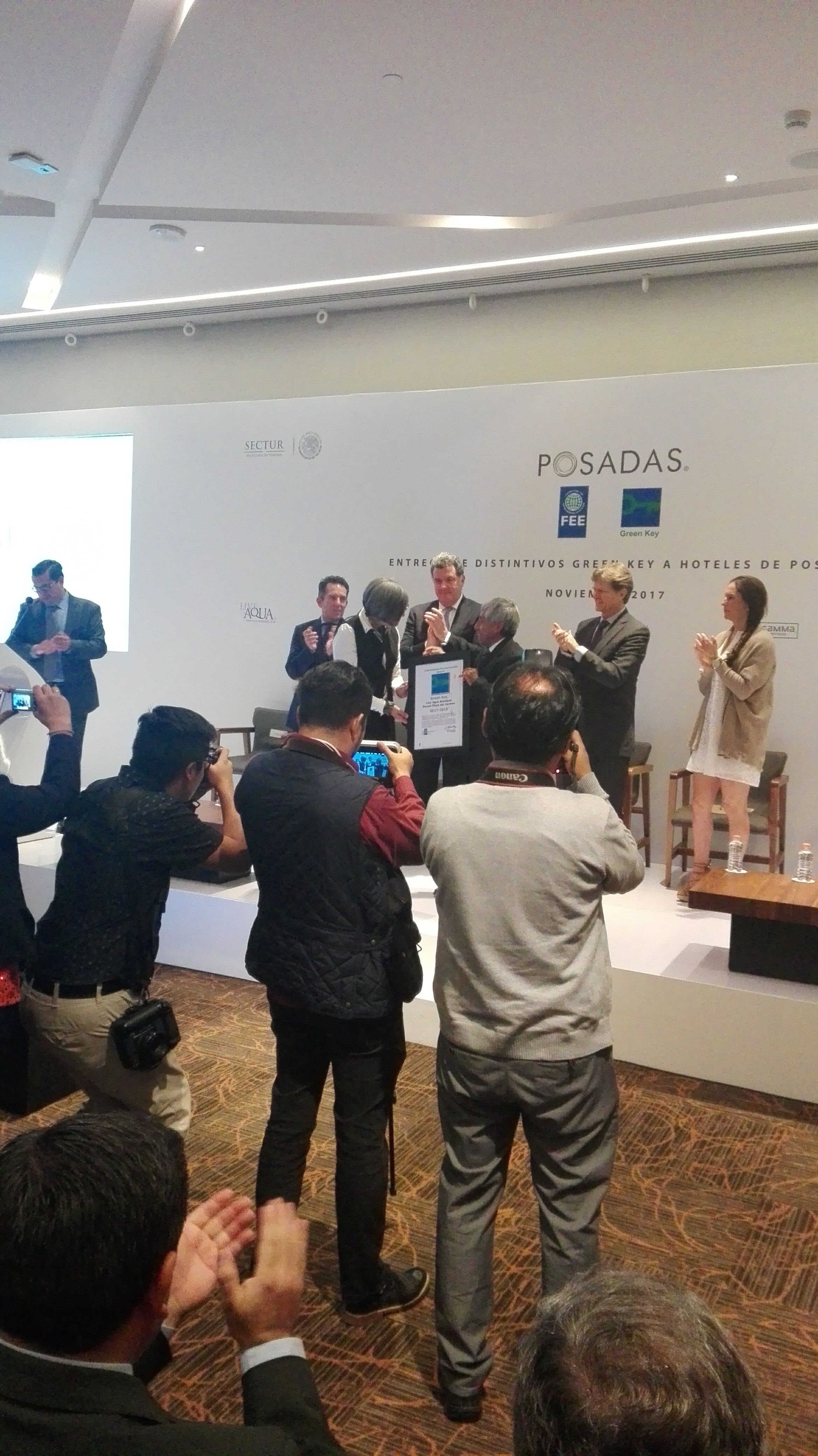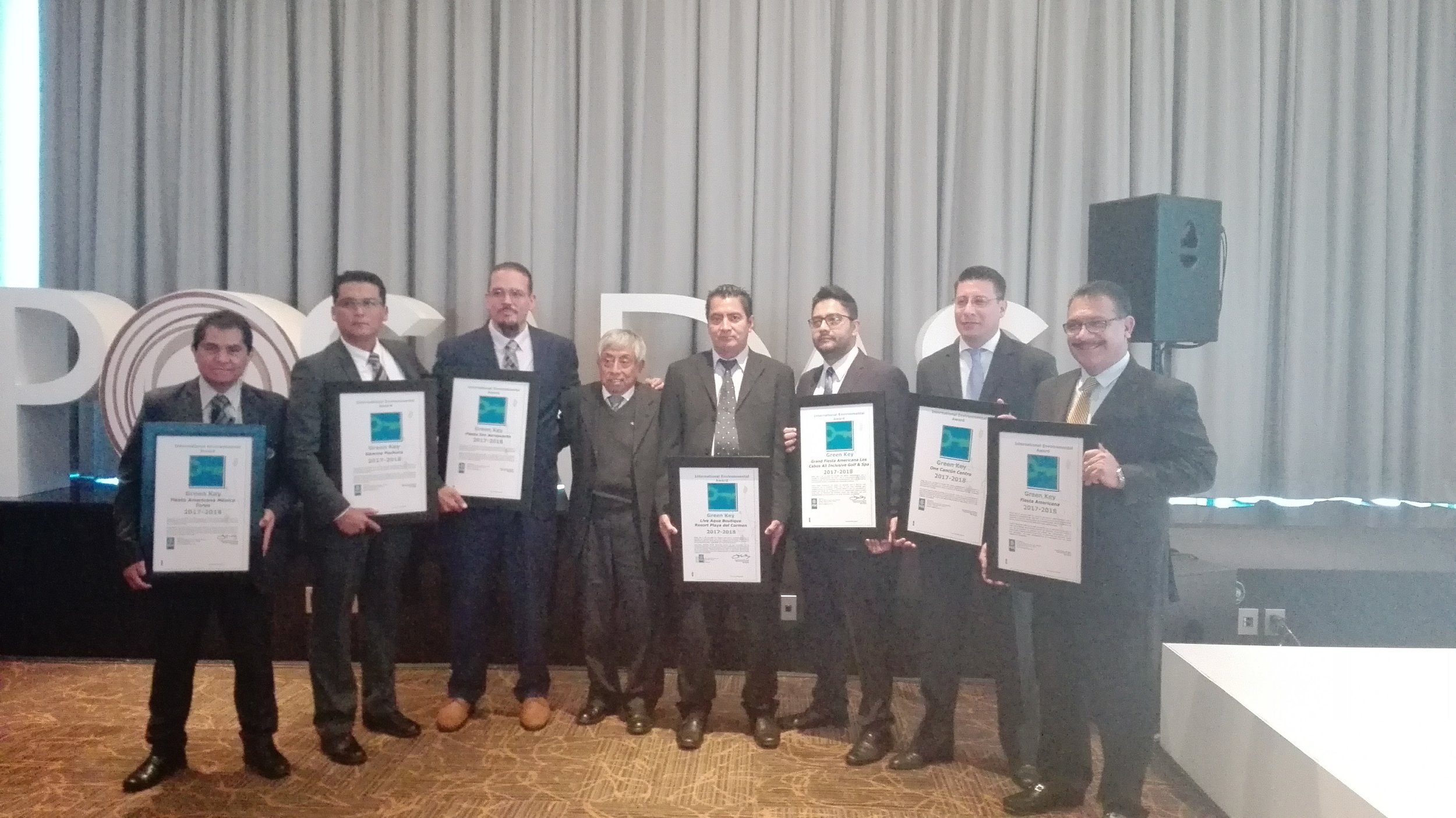The launch of HWMI was a collective step of 18 hotel companies towards better measurement and benchmarking of their water use, which will pave the way for ambitious and thorough water stewardship policies. As the severity of water risk is increasing worldwide (see which countries will be the most water-stressed in 2040 here), ITP’s Programme Manager, Nicolas Perin, asks what challenges lay ahead for hotels to play their part?
“Water is cheap”. ITP stakeholder dialogue events and discussions from the recent BITC Smart Water Knowledge Swap event have all confirmed that the low price of water is still one of the main obstacles preventing more significant investment in water programmes. It is, unfortunately, easier to convince a board or CFO to invest capital expenditure in projects that will reduce carbon emissions than on water projects. Low carbon and energy efficiency projects not only benefit from wide public awareness and support, they also have a much shorter payback period due to the rising price of energy worldwide. Few investments are made if they exceed the 3 year-payback timeline: they simply won’t be considered. This is the case for many potential corporate water initiatives. But the cost of water goes beyond the modest numbers on a utility bill.
Here are 6 reasons to value water more than it costs:
1) Water costs are exponential in times of drought
Recent droughts in Rome and California are grim reminders of the impact that water shortages can have on local hotels and communities. In California, the six years of recent and still ongoing drought cost consumers $2.4 billion in higher power costs and led to an 8% increase in carbon dioxide emissions from the state’s power plants as they turned to natural gas to make up shortfalls in hydropower.
2) Less water use means smaller energy costs
Improving water efficiency leads to smaller water bills but can also considerably impact energy consumption. BITC’s Smart Water Report highlights several examples of companies saving up to 50% of their water-related energy costs when improving recycling and treatment systems.
3) Water treatment costs can be considerable
The discharge of wastewater without adequate treatment can lead to pollution of local water bodies, and decrease the attractiveness of tourism destinations. In particular, eutrophication can directly affect the potential value of adjacent hotels. Academic studies suggest that leisure and residential properties can be devalued by as much as 25% as a result of consistently poor water quality (Wood and Handley, 1999).
Research done by Megan Epler Wood and her team at Harvard Extension School and published this year in “Sustainable Tourism on a Finite Planet” shows that preventing water pollution can also bring economic opportunities for hoteliers. Hotel properties who invested in innovative treatment levels such as constructed wetlands managed to treat their waste water at a lower cost both in the short term (those systems cost 50% less than conventional systems to install and operate) and the long term. The payback periods of such systems were between 2 and 3 years for a 350 rooms property through avoiding local sewer and water fees (representing over $650,000 annual savings).
4) Tourism relies on water to attract
Water pollution can also cause more indirect costs to the tourism economy. The US Environmental Protection Agency highlights that the tourism industry loses close to $1 billion each year through losses in fishing and boating activities in polluted water bodies. The industry can also suffer economic damages when the availability and productivity of local staff are affected by illnesses due to poor water sanitation. A study of the economic impacts of sanitation in Cambodia shows that drinking water access can have an economic cost up to $94 million annually.
5) Investors expect good water stewardship
There is a growing movement towards transparency on corporate water practices, which takes shape every year through the CDP report on water disclosure. Investors managing more than $64 trillion in assets expect companies to better manage water risk. In the latest report, more than a quarter of companies reported detrimental impacts from water on their business in 2016. They suffered $14 billion of water-related impacts, 5 times more than in 2015.
6) Water is not just an environmental issue
The water crisis has snowballing impacts on a global scale, beyond the direct cost to businesses. They are closely intertwined with effects of climate change, causing conflict and large-scale human migration (see an excellent article and studies from the World Resource Institute). With war and migration come many other risks to human rights, such as forced labour and human trafficking, which businesses worldwide are expected to address in their operations and supply chain. The International Tourism Partnership works with its members on addressing all these issues, in which water stewardship plays a central role.
Source: Green Hotelier








